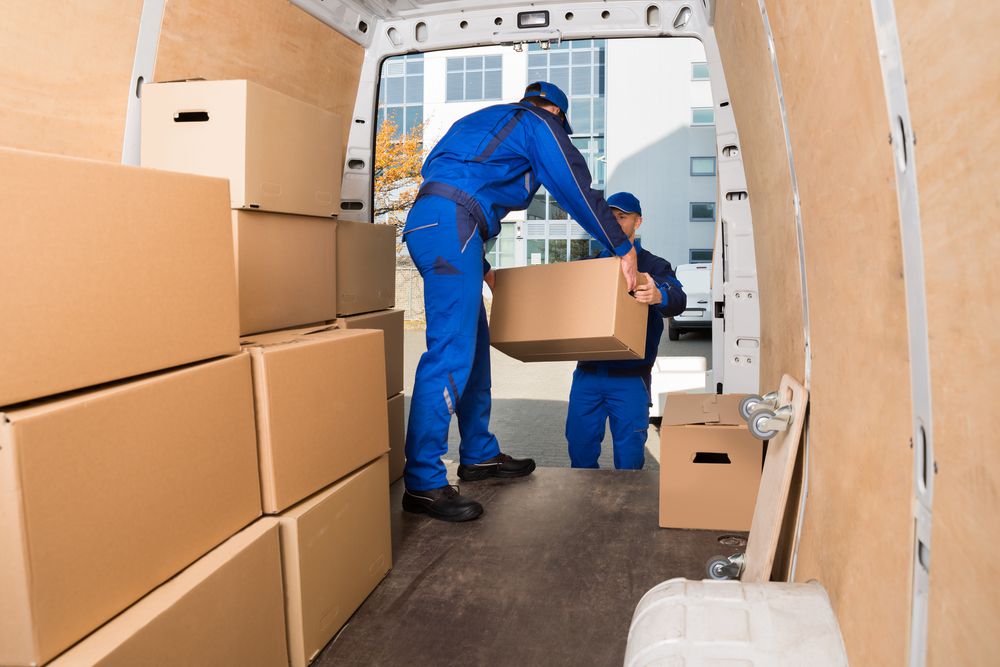7 Common Trucking and Shipping Terms You Should Know
Shipping and trucking, like any other process, has common and technical terms. If you don’t have the experience, comprehending when and how to use these terms may be complex. But when you gain experience, these shipping and trucking terms become like second nature.
The importance of these terminologies span throughout the total cycle of the business. That is, to run a business or fulfil personal needs that require freight delivery, you need a standard glossary of shipping terms.
At this point, you may be feeling like there is so much to know. How can you possibly know the meaning of different terms? Not to worry, you don’t need to know all of them. However, there are some specific terms you need to know. In this article, we will be discussing the common trucking and shipping terms.
The Terms Every Shipper Should know.
Here are the terms you need to add to your dictionary:
Incoterms
Incoterms are one of the most essential and common trucking and shipping terms. Before shipping any items, both the shipper and the trucking service must define certain conditions.
Incoterms are the rules, responsibilities, risks and obligations of both parties involved. Here are some of the duties of incoterms:
-
Point of delivery:
Incoterms define the transfer of goods between the seller and the buyer.
-
Transportation costs:
Incoterms clarify who is responsible for transportation costs.
-
Export and import formalities:
Incoterms establishes who is responsible for import and export formalities.
-
Insurance cost:
The incoterm designates the responsibility of insurance.
Rollover
 When you see this term used, it is perfectly okay if you panic. Not because your goods are lost, but because of imminent delay. A rollover means your container didn’t make the vessel and your carrier will have to reschedule.
When you see this term used, it is perfectly okay if you panic. Not because your goods are lost, but because of imminent delay. A rollover means your container didn’t make the vessel and your carrier will have to reschedule.
Nobody likes delay, but sometimes, it’s part of the shipping process. The major causes of a rollover are:
-
Custom problems
The regulators in charge may be the cause of a rollover.
-
Vessel omissions
In some cases, the carrier may omit a vessel – which causes a rollover.
-
Overbooking
Overlooking happens when there are too many goods to be shipped.
Change of Destination(COD)
Imagine you shipped goods to Canada, then you find out it should be Australia-bound. There’s no need to panic, all you need is a COD.
COD is a request to transport your goods to another destination which you didn’t book initially. A COD request may arise because of a mistake in the booked destination. Also, you can use a COD when you need to change the destination to suit your customer.
Detention (DT)
When you receive an imported container without returning to the shipping yard, you’ll have to pay. Detention is the fee you will pay for this period of delay.
Typically, shoppers have to pay for the number of days this container(s) remains in their possession. If you delay future shipments by holding on to containers, demurrage fees set in. Typically, this is all part of the agreement you have to make with a shipping and trucking service.
Container Yard to Container Yard (CYCY)
A container yard is where containers are stored before loading or after offloading. It is where we keep goods before transporting and after landing. CYCY is the port where shippers dispatch goods and the delivery ports where containers are collected.
Less than truckload and full truckload
 Full truckload (FTL) describes when you have enough goods to fill the entire container. For LTL (less-than-truckload shipments), it is the exact opposite. It means you don’t have sufficient freight for a whole truck.
Full truckload (FTL) describes when you have enough goods to fill the entire container. For LTL (less-than-truckload shipments), it is the exact opposite. It means you don’t have sufficient freight for a whole truck.
With LTL shipping, you have to transport your freight alongside other goods in the same container. During offloading, carriers will separate goods from different businesses into specific consignments.
The advantages of LTL shipments outweigh the disadvantages. These benefits include:
-
Saving of costs:
You only pay for the volume of space used.
-
Flexibility:
You are free to transfer a smaller amount of goods.
-
Environmental friendly
Bill of Lading
 Bill of lading is a legal document issued between the carrier and the shipper. It ensures the exporter receives payment and the receiver gets the desired goods.
Bill of lading is a legal document issued between the carrier and the shipper. It ensures the exporter receives payment and the receiver gets the desired goods.
It also serves as the shipment receipt and a guarantee of a smooth business transaction. It contains the following:
- Type of goods: Based on the description, your goods will be classified.
- Quantity: Your goods will be measured and quantified.
- Freight rate: The total cost of your goods.
- Destination: This contains the destination you booked for the goods
Why Should I Use Freight Delivery and Trucking Services in Canada?
Now, you know the common shipping and trucking terms, delivery of your goods will go smoothly. According to a report in 2017, trucks accounted for 64% of the total freight transport in North America. 58% of these shipments came from Canada.
Freight delivery companies are responsible for the transportation of goods within and outside the country. With the best trucking services in Canada, knowing the meaning of certain freight delivery terms becomes almost unnecessary. They can do all of the negotiation and logistics for you.
Here are some reasons you should opt for trucking services in Canada:
- Timely delivery
- Flexibility
- Uninterrupted transportation (no go-betweens)
- Door-to-door delivery
- Shorter time of transit
- More options for transportation e.g LTL shipping, courier, intermodal shipping, etc.
Conclusion
Understanding the common shipping and trucking terms is beneficial to your freight delivery process. With knowledge of these terms, your freight delivery process will go smoother and remain highly effective.
But what if you don’t have to learn all of these terms? What if there’s a service that takes care of all of this for you?
Here at All Freight Shipping, we offer highly efficient freight delivery and trucking services in Canada. Our values, experience and expertise are the reasons we won’t fail you. Call us today, let’s make your trucking experience memorable — and productive.



